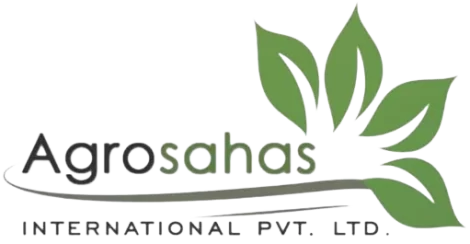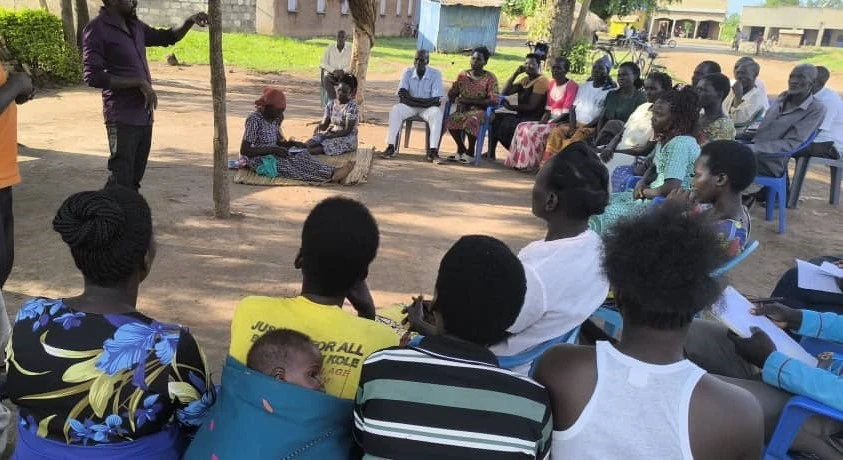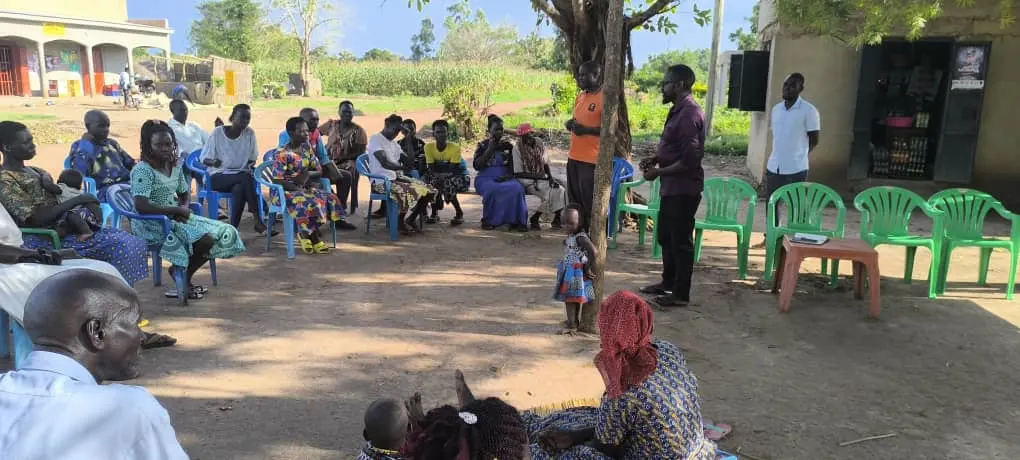Community development is at the heart of Agrosahas International PVT LTD’s mission. Through our community workshops, we aim to equip local farmers and community members with the skills and knowledge necessary to thrive in modern agriculture. This blog explores the types of workshops we conduct, their impact on community development, and answers key questions about community workshops and skill-building.
What is a Community Workshop?
A community workshop is a structured training session designed to provide participants with practical skills and knowledge on a specific topic. These workshops are typically interactive, allowing participants to engage in hands-on activities, discussions, and collaborative learning. At Agrosahas, our community workshops focus on various aspects of sustainable agriculture, business management, and community development.
Types of Workshops Conducted by Agrosahas
- Agricultural Best Practices Workshops
Soil Health and Management: Teaching farmers about soil testing, nutrient management, and organic amendments to improve soil fertility.
Pest and Disease Management: Introducing eco-friendly pest control methods and integrated pest management (IPM) strategies.
Water Conservation Techniques: Educating on efficient irrigation methods and water-saving practices.
- Business and Financial Literacy Workshops
Basic Financial Management: Helping farmers understand budgeting, savings, and basic accounting principles.
Access to Microfinance: Providing information on microfinance opportunities and how to access them for agricultural investments.
Market Access and Value Addition: Training on how to market produce effectively and add value to agricultural products for better income.
- Community Development Workshops
Leadership and Governance: Developing leadership skills and understanding governance structures to enhance community organization and advocacy.
Health and Nutrition: Educating communities on the importance of nutrition-sensitive agriculture and balanced diets.
Environmental Conservation: Promoting practices that protect local ecosystems and biodiversity.
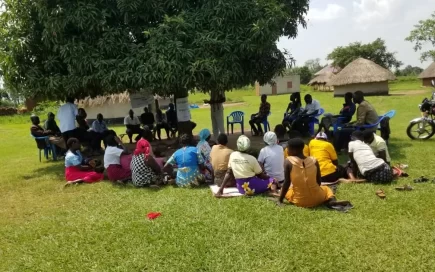
How to Improve Community Skills
Improving community skills involves a multi-faceted approach that includes education, practical training, and continuous support. Here are some key strategies:
- Identify Skill Gaps: Conducting needs assessments to determine the specific skills that community members lack and prioritizing these in training programs.
- Provide Hands-On Training: Engaging participants in practical, hands-on activities that allow them to apply what they have learned in real-life scenarios.
- Facilitate Peer Learning: Encouraging knowledge sharing among community members to foster a collaborative learning environment.
- Offer Continuous Support: Providing ongoing mentorship and support to ensure that the skills learned are effectively implemented and sustained.
How to Organize a Community Workshop
Organizing a successful community workshop requires careful planning and execution. Here are some steps to follow:
- Define Objectives: Clearly outline the goals and objectives of the workshop to ensure it addresses the specific needs of the community.
- Plan the Agenda: Develop a detailed agenda that includes a mix of presentations, interactive sessions, and hands-on activities.
- Engage Experts: Invite knowledgeable facilitators and experts who can provide valuable insights and practical training.
- Promote the Workshop: Use various channels to promote the workshop and encourage participation, including social media, local announcements, and word of mouth.
- Prepare Materials: Ensure that all necessary materials and resources are prepared in advance, including training manuals, tools, and equipment.
- Evaluate and Follow-Up: Conduct evaluations to gather feedback and measure the impact of the workshop. Provide follow-up support to help participants implement what they have learned.
What Does It Mean by Community Skills?
Community skills refer to the collective abilities and competencies that enable community members to work together effectively, solve problems, and achieve common goals. These skills include:
- Leadership Skills: The ability to guide, inspire, and organize others towards achieving shared objectives.
- Communication Skills: Effective verbal and non-verbal communication to share information, resolve conflicts, and build relationships.
- Collaboration Skills: The ability to work well with others, share responsibilities, and contribute to team efforts.
- Problem-Solving Skills: The capacity to identify issues, analyze options, and implement solutions that benefit the community.
- Technical Skills: Practical skills related to specific areas such as agriculture, business management, health, and education.
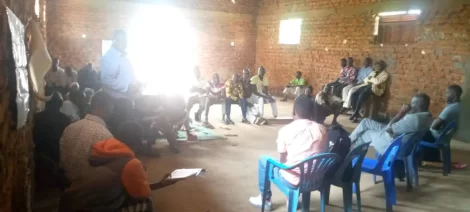
Impact of Agrosahas’ Community Workshops
Agrosahas’ community workshops have had a profound impact on the development and empowerment of local communities. Here are some success stories:
- Empowering Women Farmers: Our workshops have empowered women farmers with the skills and knowledge to manage their farms effectively, leading to increased productivity and income.
- Improving Agricultural Practices: By teaching sustainable farming techniques, we have helped farmers adopt practices that enhance soil health, reduce pest infestations, and conserve water.
- Strengthening Community Leadership: Leadership training workshops have equipped community leaders with the skills to advocate for their communities, improve governance, and drive local development initiatives.
Conclusion
Agrosahas International PVT LTD’s community workshops play a vital role in building the skills and knowledge of local farmers and community members. By offering training in agricultural best practices, business management, and community development, we are empowering communities to achieve sustainable growth and improved livelihoods. Through our commitment to education and continuous support, Agrosahas is fostering resilient and self-reliant communities across Uganda. For more information on our community workshops and how you can get involved, visit Agrosahas International PVT LTD.
